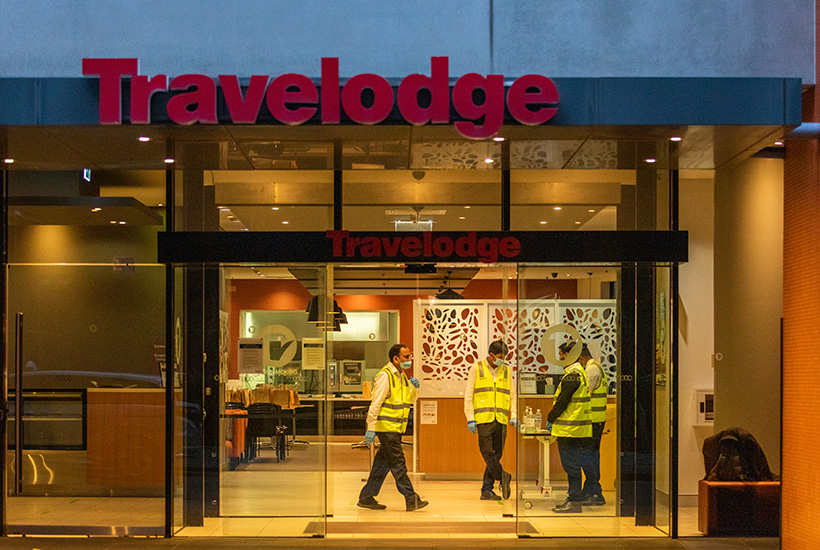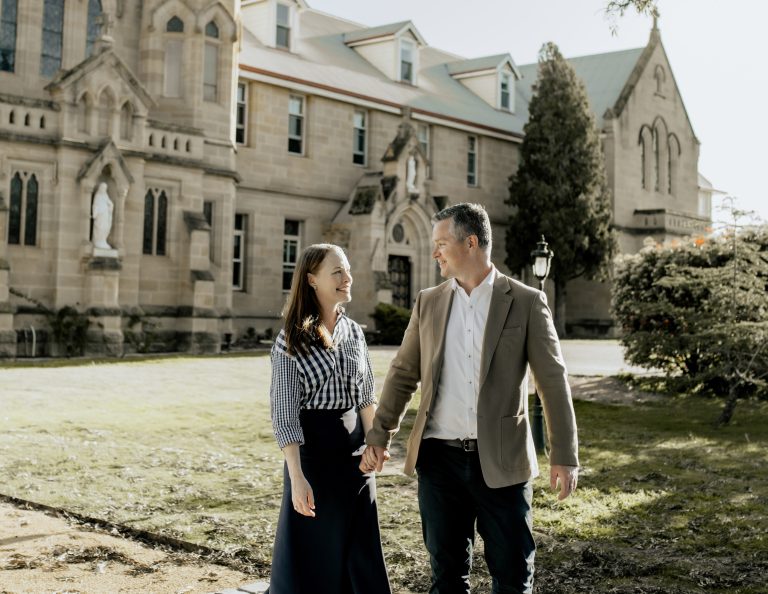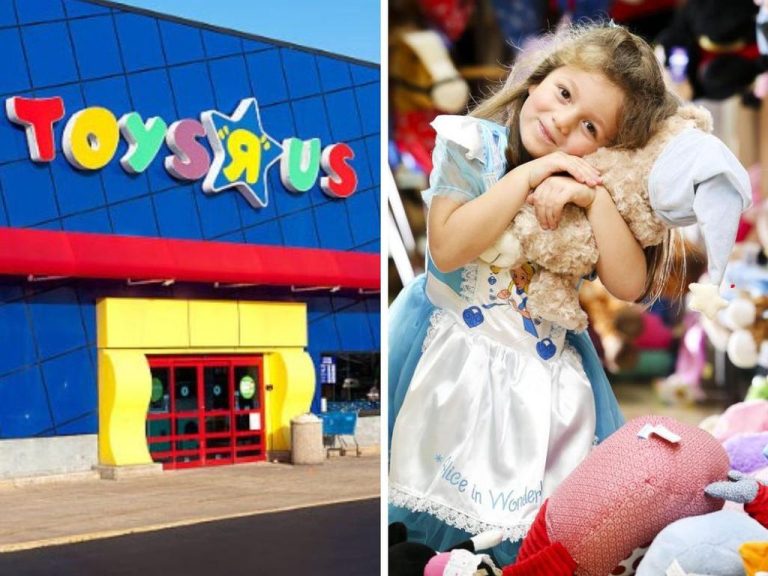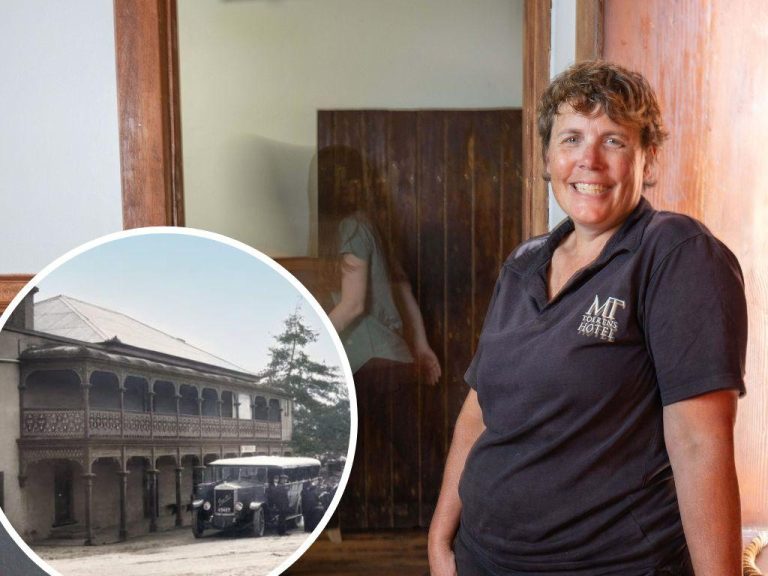Salter Brothers picks up Travelodges for $620m in play on domestic travellers

Big investors are snapping up hotels in the midst of the pandemic, with Salter Brothers teaming up with Singaporean sovereign fund GIC to buy the Travelodge portfolio for $620 million in a sign that buyers are looking through the worst of lockdowns.
Salter on Friday completed its long-awaiting acquisition of the Travelodge properties, picking up the 11-strong portfolio from the listed Mirvac and motoring organisation NRMA.
Salter bought the hotels under a new hospitality venture with the Singaporean group and Swiss private markets investment firm, Partners Group.
The deal marks their first acquisition by the venture, which wants to build up a larger platform of hotels across Australia.
The purchase gave it 2032 mid-scale hotel rooms across Sydney, Melbourne, Brisbane, Perth and Newcastle now run under the Travelodge brand.
Salter managing director Paul Salter said the transaction enabled the company to capitalise on the evolving hospitality sector in Australia, and it would also rebrand the portfolio.
Mr Salter said his firm approached GIC last year with a strategy to go hard into hotels on the back of the recovery from COVID-19. “They looked at the strategy and work we had done on it and liked it,” he said. The firm then looked to add another investor to back the new venture with Partners coming in this year.
Mr Salter said the venture had the capacity to buy more assets once it had bedded down its latest acquisition. The Travelodge portfolio had been under-invested in and the new owners are keen to capitalise on the hotels’ central positions.
It will spend up to reposition some properties and put in higher rated brands, potentially including some run by TFE Hotels, that runs Travelodge under a licence.
“Our expectation is that the hotels will trade materially better than on a pre-COVID-19 basis,” Mr Salter said. His bullish approach is partly based on the pick up of international hotels.
“The US is back and open again and some markets are above pre-COVID-19 levels,” he said. Big cities like New York would be the last to recover, he said, but they are getting back towards 75%.
“Some markets are even beyond that,” he said.
Foreign markets with a strong vaccine rollout were a “lead indicator” that Salter looked to and in Australia domestic demand has supported hotels like its Crowne Plaza in Canberra as spending is redirected away from international travel.
“Even if international borders remain down, domestic tourism could outshoot what the international tourists would bring anyway,” Mr Salter said. “Our vaccination programs will stop these domestic border closures and as soon as we get to that point domestic demand will be strong.”
The Australian revealed last December that Slater and GIC were poised to swoop on the Travelodges after a process run by McVay Real Estate and Credit Suisse.
Agent Sam McVay said it was sign of confidence that one of the largest hotel real estate deals in Australia had been struck during the pandemic, at pricing ahead of pre-COVID-19 levels.
Bidders were drawn by portfolio’s scale which gives the owners clout in their segment. “The mid tier market is seen as the market that is going to rebound really quickly,” Mr McVay said.
The offer attracted 18 bids and the price was ahead of expectations and not significantly dented by the coronavirus pandemic.
Big players are also circling the $1 billion Stamford Land Corporation portfolio that is being offered via real estate agencies JLL and CBRE with developers taking a keen interest in properties where they can add units.
Hotel industry executives last night pointed to the industry coming through lockdowns. “It signals that confidence in the hotel investor market continues despite the current challenges,” said Peter Harper, JLL Hotels Melbourne-based managing director.
“There was an obvious recovery in hotel occupancies in the lead up to July and throughout the first two quarters, however that recovery will be slowed with the current domestic lockdowns,” Mr Harper said.
With reporting from Lisa Allen.
This article first appeared on www.theaustralian.com.au.







